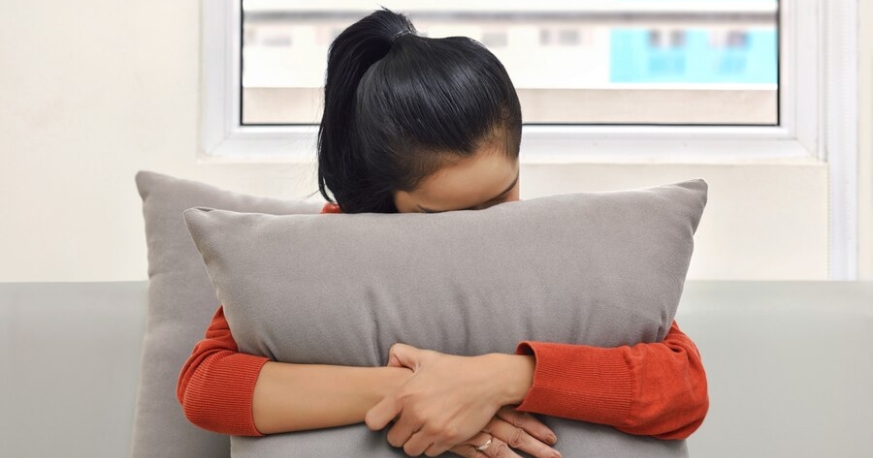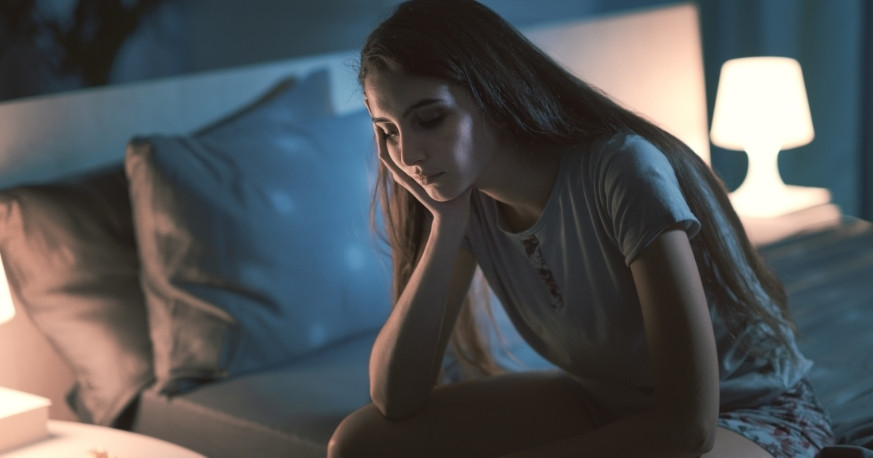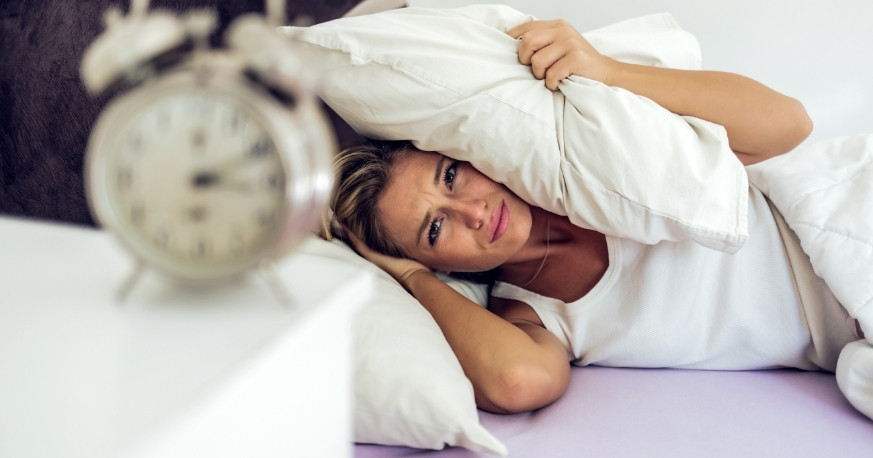10242 Greenhouse Rd #1002 Cypress, TX 77433
The Connection Between Restlessness and Anxiety in Cypress: Understanding the Link

Restlessness and anxiety are two conditions that often go hand in hand, affecting many individuals. While they may seem like separate issues, they share common underlying causes and symptoms that can significantly impact a person’s quality of life. Understanding how restlessness relates to nervousness is crucial for addressing both issues effectively. In this blog, we will explore the connection between restlessness and anxiety, why they occur together, and how to manage them.
What is Anxiety?
Anxiety is a feeling of unease, worry, or fear, often experienced in response to stressful situations. It can range from mild apprehension to intense fear or panic. This condition can manifest physically, emotionally, and mentally, affecting a person’s ability to function in daily life. Common symptoms of jittery include racing thoughts, tension, and an overwhelming sense of dread. However, what many don’t realize is that anxiety can also trigger restlessness.
Restlessness: A Physical Symptom of Anxiety
Restlessness is the inability to stay still or calm, often accompanied by fidgeting, tapping feet, or a constant urge to move. It is one of the physical manifestations of fretfulness, and it may arise as a result of the body’s fight-or-flight response to stress. The heightened state of alertness causes an increase in adrenaline, leading to nervous energy that manifests as restlessness. This feeling can become more pronounced when anxiety is left unmanaged, creating a cycle of discomfort that is difficult to break.
Why does Anxiety Cause Restlessness?
The connection between anxiety and restlessness can be explained by the body’s natural response to stress. When we experience fear, the body prepares for action, releasing hormones like adrenaline and cortisol. These hormones increase heart rate, heighten blood pressure, and cause muscle tension—all of which lead to the physical sensations of restlessness. Essentially, restlessness is your body’s way of responding to the mental turmoil that stress creates.
Common Triggers for Anxiety and Restlessness
In Cypress, just like in other areas, various triggers can bring about anxiety and restless work. Work stress, personal relationships, financial worries, or significant life ch are familiar sources. For many people, anxiety is also a response to uncertainty or fear of the unknown. When stress levels rise, so does restlessness, leaving individuals feeling uneasy and unable to focus. Recognizing the triggers in your life can help you take proactive steps to manage these conditions.
The Role of Stress in Anxiety and Restlessness
Stress plays a significant role in the development and exacerbation of fretfulness and restlessness. Stress levels increase the body’s production of cortisol, a hormone that contributes to agitation and restlessness. Chronic stress can lead to a constant state of anxiety, where the body never fully relaxes, contributing to long-term restlessness. Stress management techniques, such as mindfulness, exercise, or therapy, can help reduce worry and restlessness by lowering cortisol levels and promoting relaxation.
Treatment Options for Anxiety and Restlessness
Effective treatment options for anxiety and restlessness often involve a combination of therapy, lifestyle changes, and sometimes medication. Cognitive Behavioral Therapy (CBT) is one of the most widely recommended therapies for anxiety. It helps individuals identify and challenge negative thought patterns that fuel fear and restlessnPhysicalsical relaxation techniques, such as deep breathing, yoga, or progressive muscle relaxation, can help calm the nervous system and reduce restlessnTreatmentsments like MeRT (Magnetic e-Resonance Therapy) or TMS (Transcranial Magnetic Stimulation) offer promising re for more severe casessults. These therapies work by stimulating areas of the brain involved in regulating mood and stress, helping to reduce both restlessness and anxiety. They are noninvasive and can be a game-changer for individuals who haven’t found relief through traditional methods.
Managing Restlessness in Daily Life
While professional treatment is essential for addressing chronic anxiety and restlessness, there are also practical steps that individuals can take to manage these conditions in daily life. Regular exercise is a great way to release built-up tension and reduce worry. A balanced diet, adequate sleep, and avoiding excessive caffeine or alcohol can also help keep anxiety and restlessness in check. Additionally, establishing a calming nighttime routine can help prevent restlessness from interfering with sleep, a common issue for those dealing with stress.
Restlessness and fretfulness are closely connected, with one often feeding into the understanding the link between the two is crucial for effective treatment, whether ether caused by stress, life events, or an underlying condition. If you’re in Cypress and struggling with anxiety and restlessness, it’s essential to seek help early. Treatment options such as CBT, lifestyle changes, and advanced therapies like MeRT or TMS can offer significant relief. Don’t let anxiety control your life—contact a healthcare provider today to explore the best treatment options for your needs.




